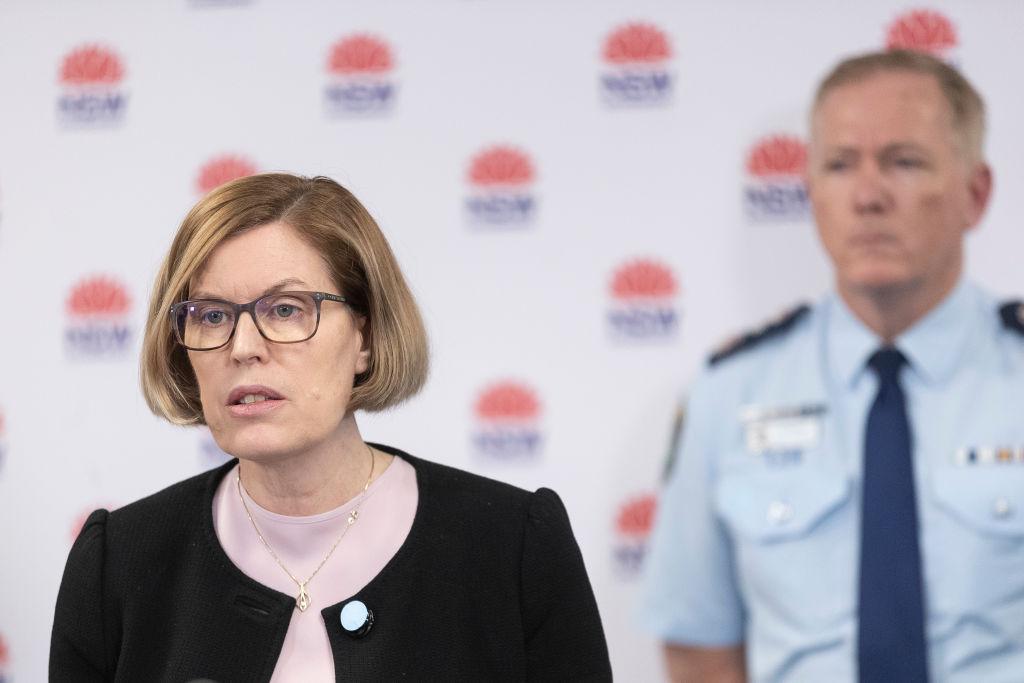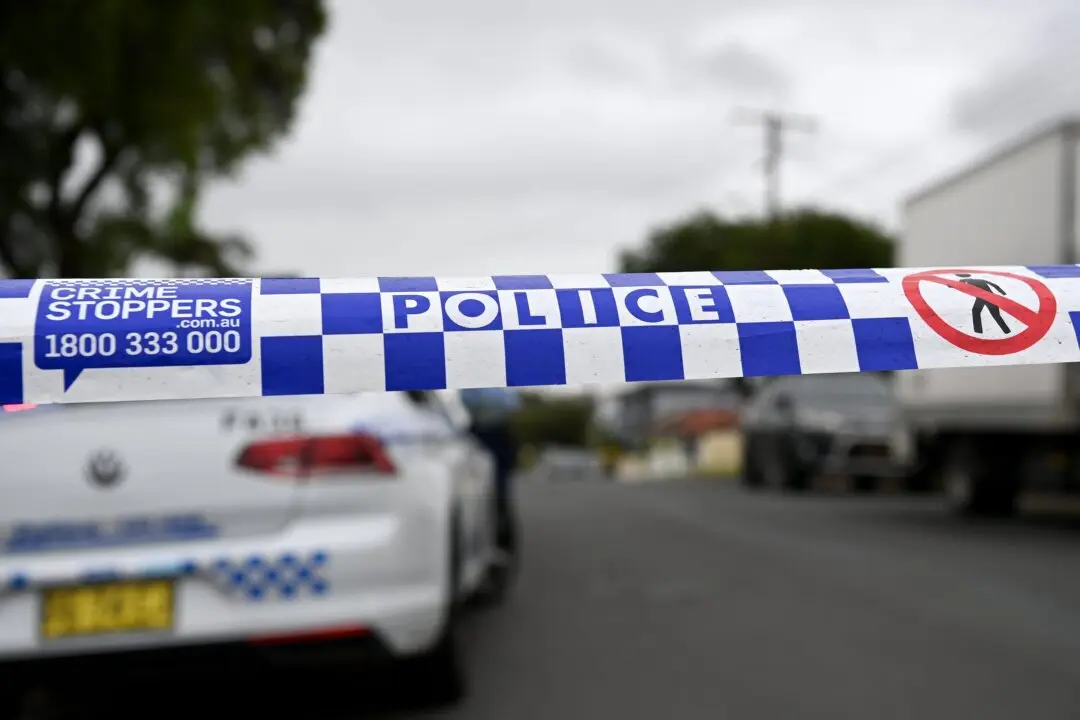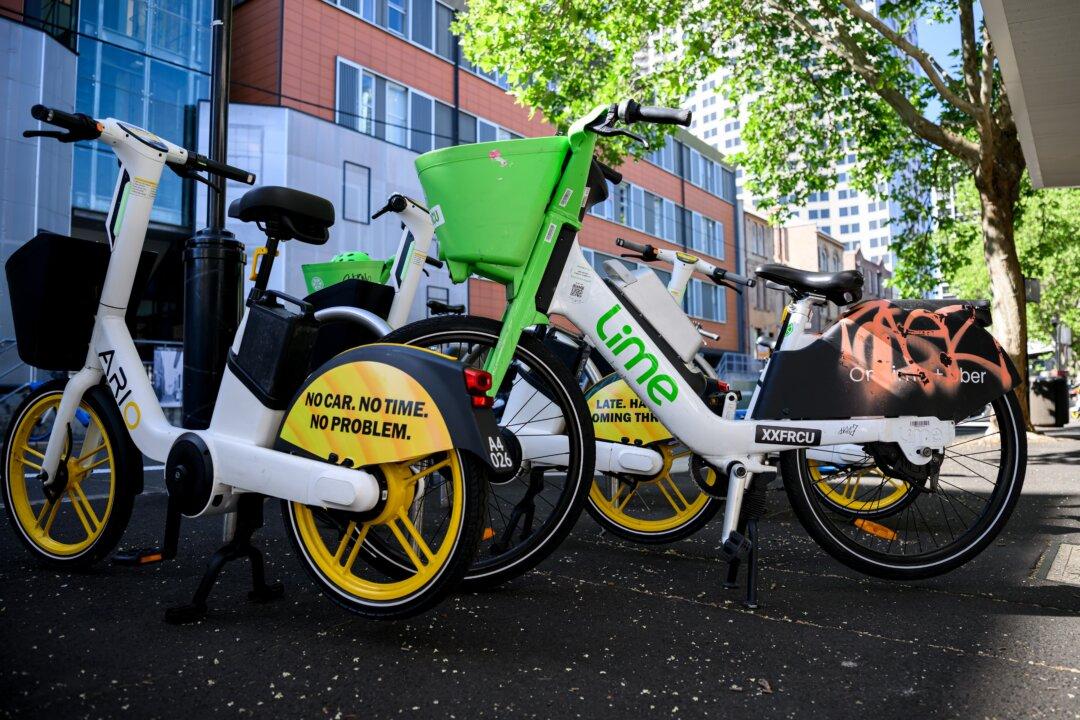Traces of the COVID-19 virus have been detected in raw sewage across Sydney as part of new research that could provide another tool in the fight against the outbreak, New South Wales Chief Health Officer Kerry Chant says.
She said the sewage testing program undertaken by NSW Health and Sydney Water started in July could show where the virus had been and provide early warning in places without known or recent cases.





